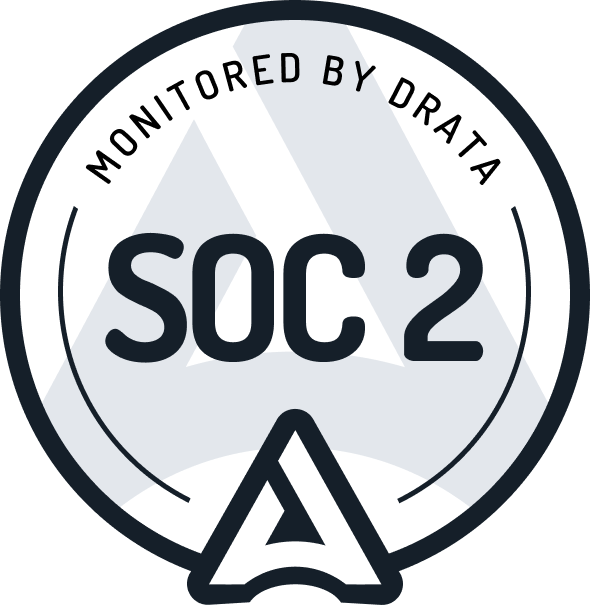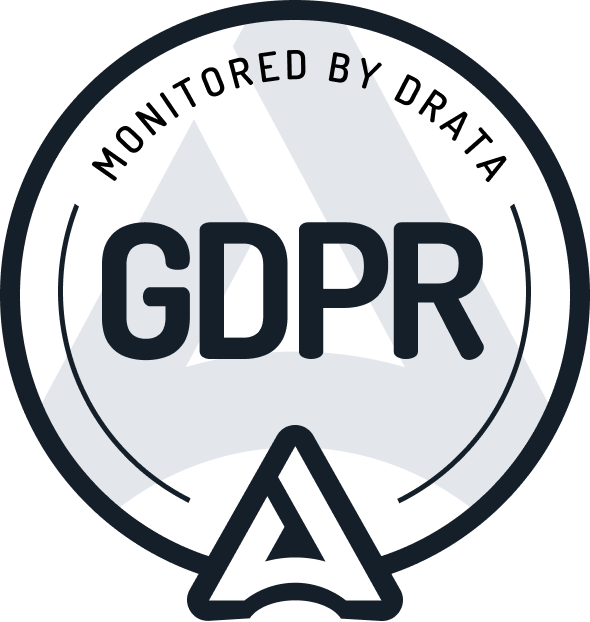.png)
Conduct user interviews with your community
Get notified when customers mention you online - with Crowdlens
Our goal at crowd.dev is to enable you to unlock all the benefits that come from community building. To support you on this journey, we decided to create a blog series centered around our most useful product features, updates, and advice on community building based on our experience. This week's topic is all about community research calls and getting invaluable feedback from your members.
Why should you care about community research? To build a thriving community, you need to understand your member's needs. Sounds obvious, but that is where most community builders fail. They build communities around needs they think people have without actually checking with their members first. In order to get the right insights to build a successful community (and ultimately product), you need to conduct member interviews. So, here is a step-by-step guide on how to hold community research calls with the help of crowd.dev.
Step 1: Define your research objective
Before focusing on anything else, you must establish your primary research goal. What is the purpose behind gathering community feedback? For example, you might want to understand why a large part of your community is not contributing to new content, or you might want to know why the engagement of senior members is dropping. Pick an objective and optimize your questions based on it.
Step 2: Write your discussion guide
Unfortunately, people generally do not respond truthfully to direct questions concerning their behavior. They will often answer based on what they think the “correct” answer is or what they think you want to hear. To avoid this bias from happening, you must carefully plan out your questions.
A good approach is asking more "how" questions instead of "why" questions. “Why” questions (while still useful at times) can often lead to interviewees becoming defensive and can keep the conversation at surface level. ‘“How” questions tend to get you more information on the thought process and behavior of your members. In addition, you should include enough open-ended questions and avoid anything with a yes or no answer that can lead to a dead end.
We recommend jotting down the outline and questions of your interview in a short guide. Start with planning out your introduction, and jot down a few bullets. Here a few things you could include:
- A quick introduction of yourself and any other interviewees in the call
- A rationale behind why you are doing this interview
- If you plan to record the interview, this is also the time to ask the subject if they are comfortable with that before jumping into the questions
- To try and promote honest answers, also reassure them that their feedback will be treated anonymously and not posted anywhere without their consent
Then you can jump to planning out the questions. If you are not sure what to ask them, we have compiled some ideas here for you, but it really depends on what your objective is.
Warm-up questions: Start with a few questions that are easy to answer to make your interviewee more comfortable.
- What do you do for work?
- Where are you from?
- Tell me a bit about yourself.
Questions related to your research goal: Next, you can move on to some more targeted questions that are focused on your community goal and what you are trying to figure out. So depending on your objective, here are some example questions you could use:
- To what degree do you feel that you can express yourself safely and securely within the community?
- In what ways/for what reason do you make use of online communities in general? How about ours specifically?
- Which and to what extent do you use different community channels?
- How would you describe the difference in how you use different community channels? Do you have any examples?
- What are some recent challenges you have faced within the community?
- What other communities are you a part of?
- Can you think of any memorable interactions you have had with our community/brand so far? Please describe them. How were they memorable?
- Do you have any additional feedback that would help make our community better?
To wrap it up, remember to thank any participant for their insights and time, and you can also ask if they would be open to further interviews in the future. You could also check with them if they have a preferred way for you to reach out to them in case they are willing.
Step 3: Select interviewees using crowd.dev
After determining your objectives and creating your research guide, it’s time to schedule the interviews. Let’s assume you want to talk to the most engaged members to figure out what they love about your community.
Open the crowd.dev app and sort your members by engagement level to get a clear overview of your most engaged members. You can also see which channels are available to reach out to those members and e.g., directly jump to Discord or Twitter to draft your invite message.
After you reached out, you can tag the member to track your progress and also make it visible to other colleagues.

Step 4: Invite message
After selecting your interviewees, reach out to them with a personalized message. Here is an example:
Hey ___(insert name),
I hope you are doing well! I am (name), and I work for (company name, position). We want to improve our community experience and could use your help with that. Since you are one of our more active members, your opinion could cast some light on (your key goal). Would you be up for a quick chat with me? It would only take about 30 minutes. I am excited to hear about your unfiltered community experiences, good and bad.
Cheers,
(insert your name)
Step 5: Follow-up and acknowledge members
Research interviews don’t only serve the purpose of getting you more insights, but they also help to deepen your relationship with individual members. Therefore, once your interviews are completed, use the opportunity to reach out with a thank you mail or another form of acknowledgment of their contribution.
As you can see, crowd.dev is really useful in finding the right members based on activity level and engagement for conducting interviews. Now, what are you waiting for? Get to collecting that all-important feedback!
Get insights to your inbox.
Once per month. No spam.


.png)





